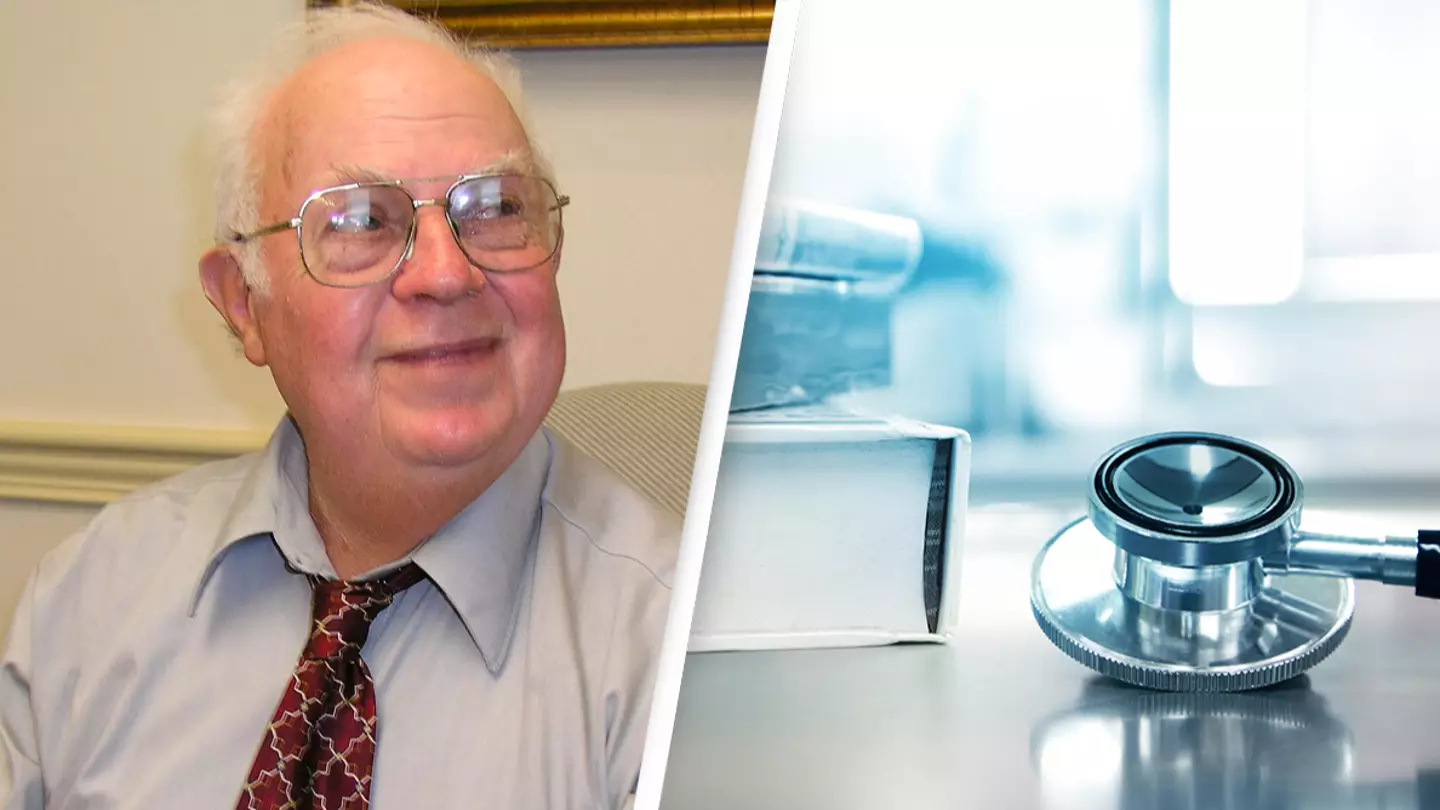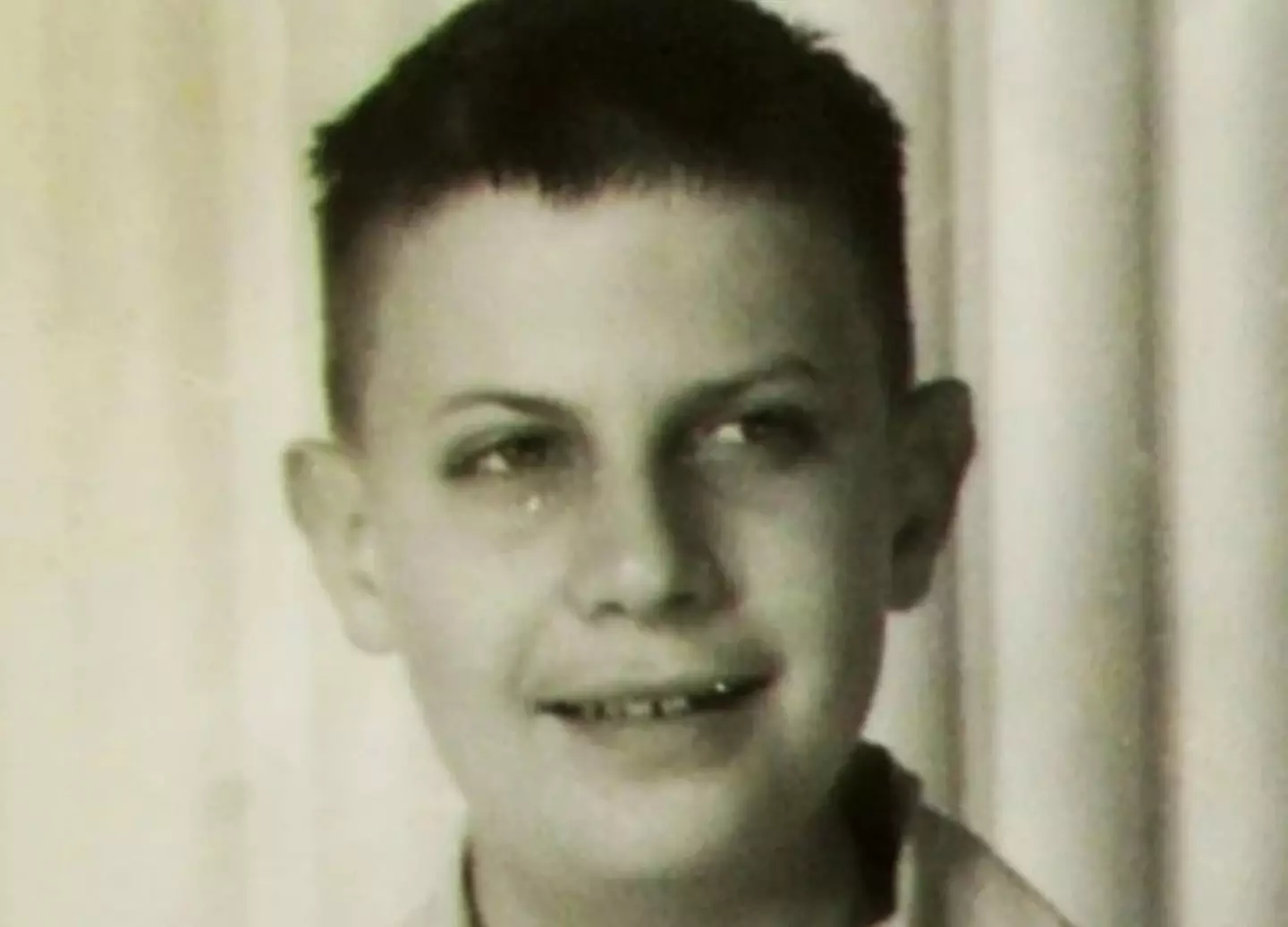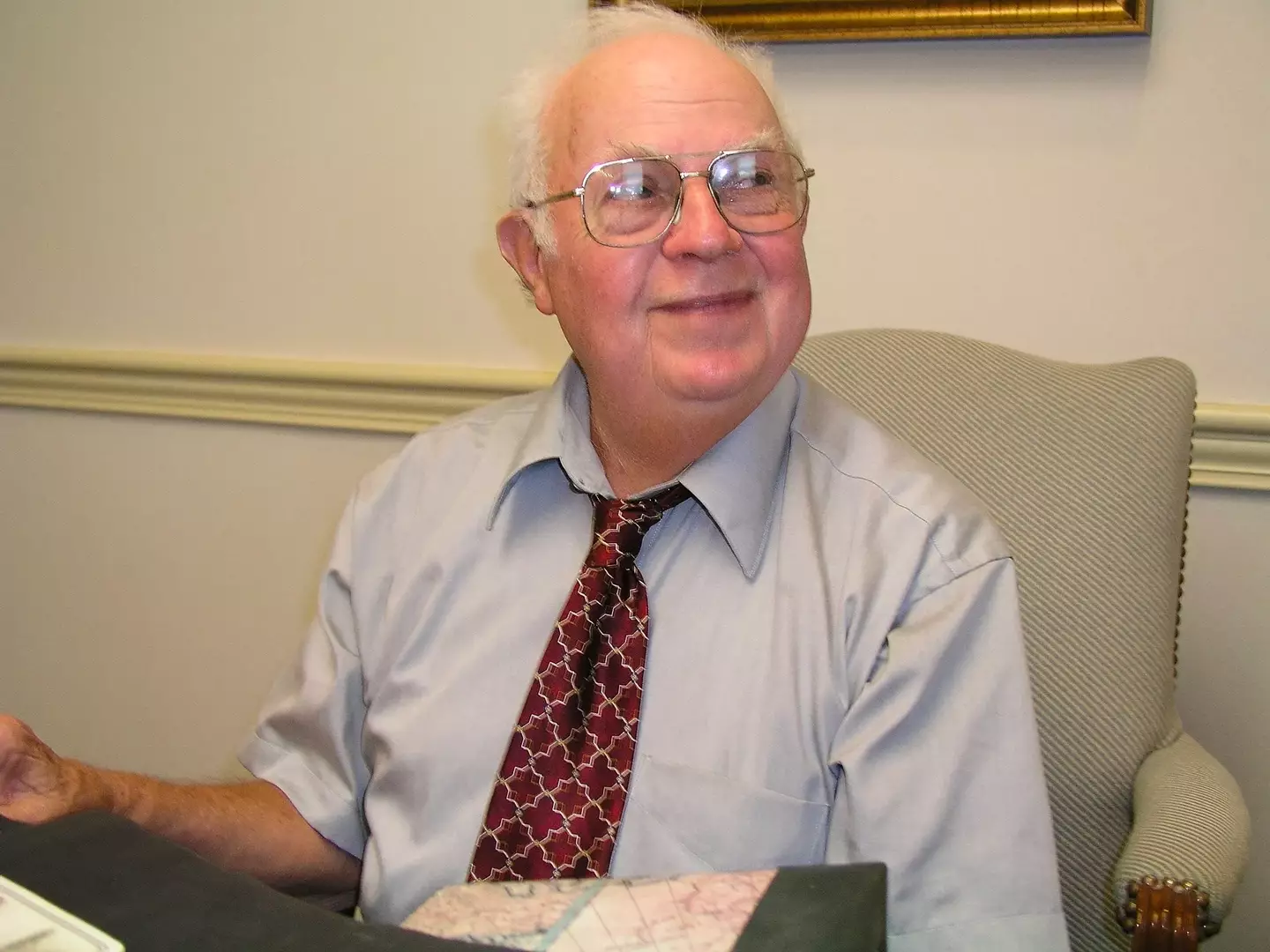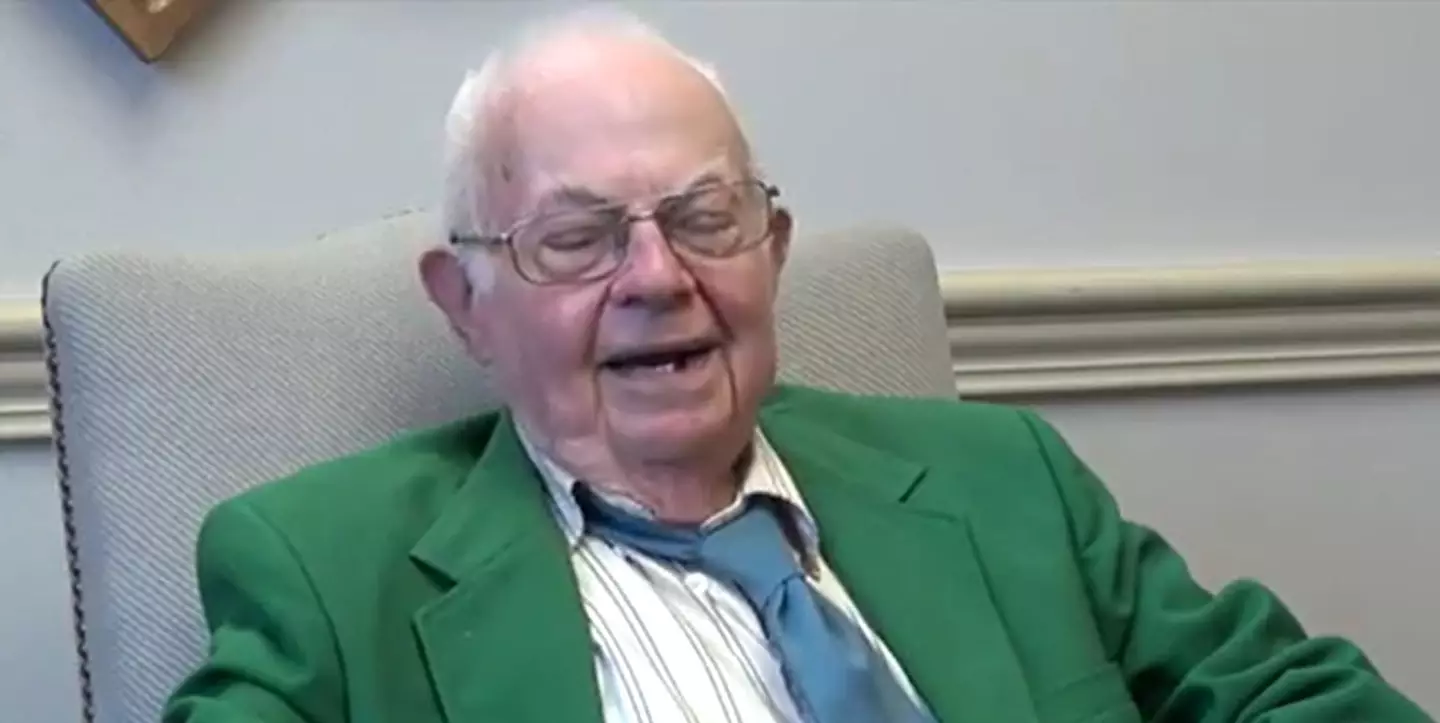
In the last few years, we've seen record numbers of people being diagnosed with autism, with a new light being shone on the developmental condition.
But while diagnoses are becoming increasingly commonplace, this is a relatively new development, and for many years, people didn't understand the disorder at all.
Autism Spectrum Disorder is a condition that affects social interaction, communication, interests and behaviour in a number of varying ways, and to this day we're still learning new ways in which autism affects people.
In fact, developments in our understanding of autism are still so recent, that the first person to ever be clinically diagnosed with the condition - known as Case 1 - is still alive.
Advert

Donald Triplett was born in 1933 in Mississippi, USA, and it wasn't long before his parents, Beamon and Mary Triplett, noticed there was something different about their eldest child.
They noted Donald as being an incredibly withdrawn child, and from being a baby, they noticed he would never respond to his mother's voice or meet her smile.
Not only that, Donald also appeared to interpret language in an entirely different way, and would often seem to mimic words and phrases without meaning, yet he showed many signs of strong intelligence.
Donald showed no interest in other children or socialising in any way, but by the age of two and a half, his phenomenal memory allowed him to recall songs he'd only heard once, pitch perfect, the BBC reports.

Despite his gift, doctors ordered that the toddler be institutionalised in mid-1937, and at the age of three, he was sent away.
Donald's parents continued to visit their son every month and by the end of 1938 they'd had enough of him being locked away, and decided to remove the youngster from institutional care.
Instead, they took him to see Dr Kanner in Baltimore, who was stumped by Donald's condition, as he didn't appear to fit into any of the psychological boxes which had already been established. But, after some time studying Donald, and noticing other children with overlapping behaviours, Kenner established a ground-breaking paper, which laid the foundations of diagnosing autism as we know it today.

Following his diagnosis, Donald's mother worked tirelessly - with the help of professionals - to help her son connect to the world around him, proving from the very beginning that a normal life can be possible with the condition.
In 1958 he gained a Bachelor's degree in French from Millsaps College in Jackson, Mississippi and then returned home to work in the bank owned by his family.
Now aged 89, Donald lives in the home he grew up in and he has lived a good life, in a community who all know and care for him.
To this day, we're still learning about neurodivergent conditions and how it affects people, but without Donald and his mother, who knows how long it might have been before someone identified autism.
Topics: Health, Mental Health
